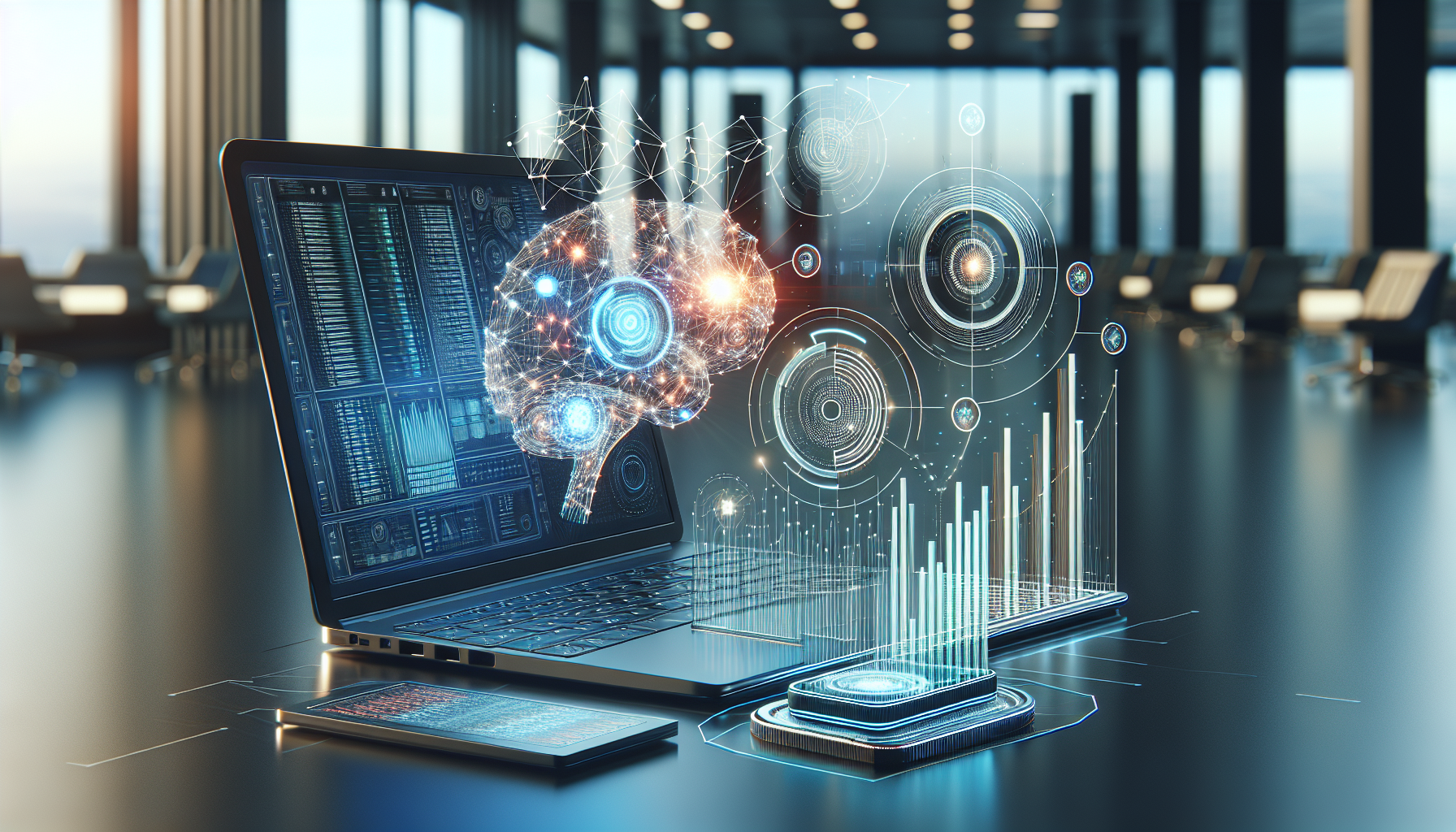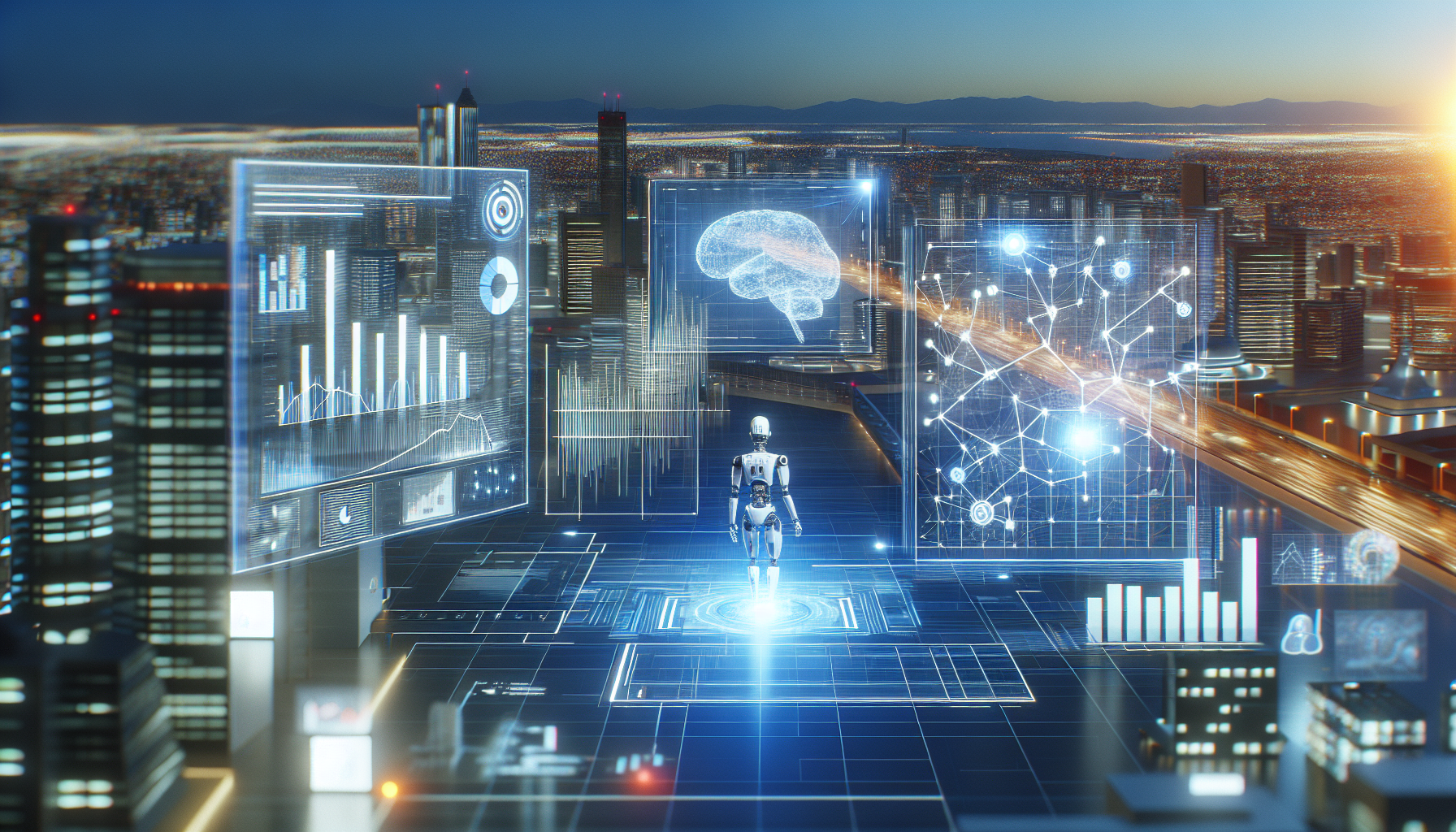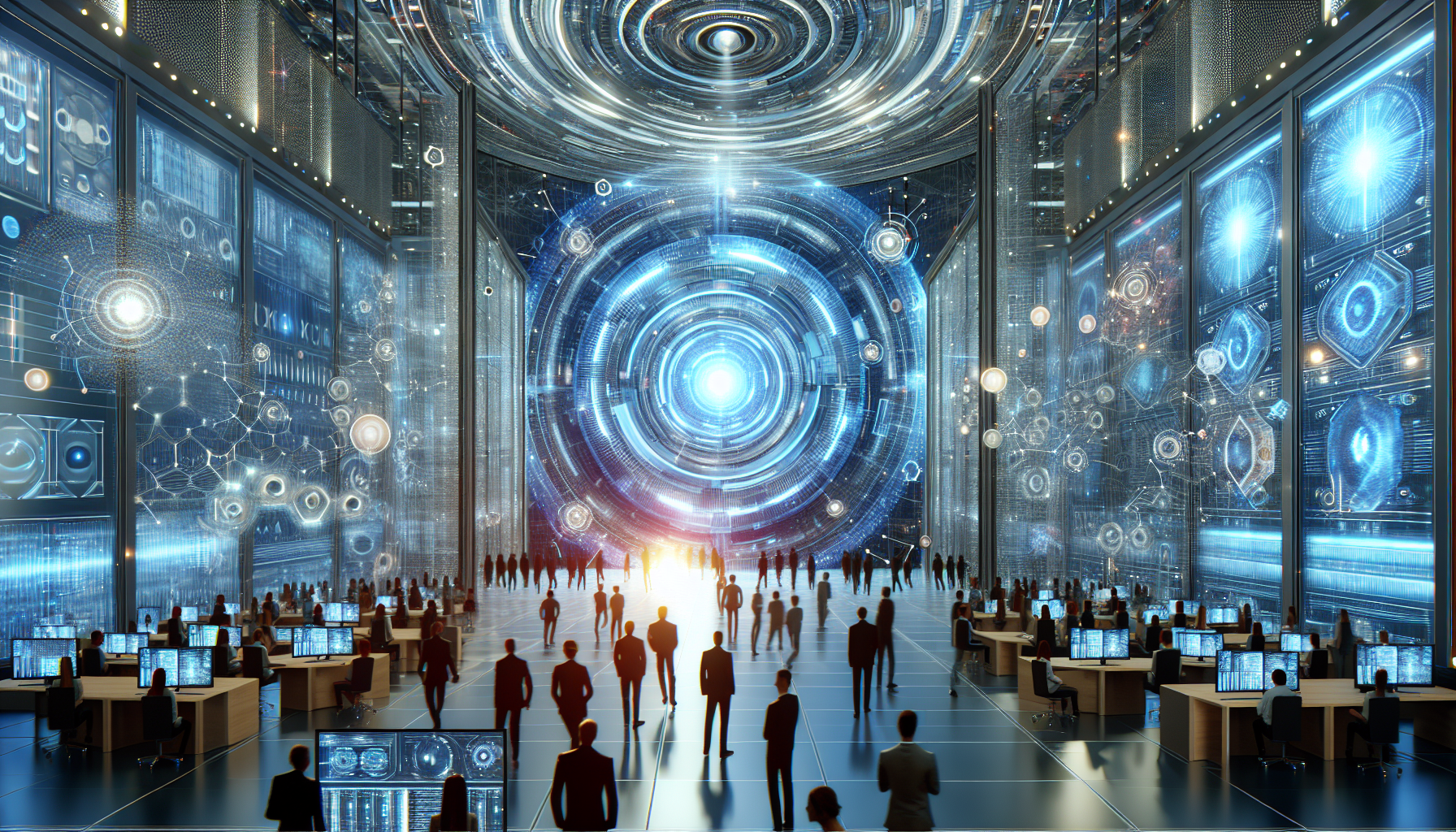
AI in Aviation: Soaring to New Heights or Just Plane Crazy? A Comparative Analysis
August 10, 2025
Ladies and gentlemen, fasten your seatbelts and prepare for takeoff into the wondrous world of artificial intelligence in aviation. Before you ask, no, AI is not just here to make our in-flight movies better—though that would be a welcome improvement. Instead, AI is revolutionizing how planes fly, how airports operate, and how pilots (or maybe someday, non-pilots?) take us from point A to point B with less turbulence, fewer delays, and a lot more efficiency. Grab your in-flight peanuts as we dive into a comparative analysis of AI's role in aviation.
First, let's address the cockpit-sized elephant in the room: safety. While some skeptics might have visions of HAL 9000 whispering "I'm sorry, Dave," in their minds, the reality is far less sinister and a lot more practical. AI systems are currently being used to enhance safety measures across various stages of flight. For instance, AI algorithms are adept at analyzing vast amounts of data to predict potential failures before they happen. It's like having a psychic co-pilot who prefers data analysis over tarot cards. By identifying patterns and anomalies in aircraft performance, AI can suggest preemptive maintenance actions, ensuring that our flights are smooth and our landings are more "gentle descent" and less "exciting drop."
Now, let’s taxi over to efficiency. AI’s impact on aviation efficiency is nothing short of miraculous—or perhaps just shy of miraculous, but definitely impressive. Airports have embraced AI to streamline operations, from optimizing flight schedules to managing air traffic control. Imagine a world where your flight isn't delayed because three other planes decided to play an impromptu game of musical chairs on the runway. AI systems can predict and adjust to changes in weather conditions, passenger numbers, and even those mysterious "technical difficulties" that always seem to arise just when you’re about to board. This means fewer canceled flights and more on-time arrivals, making AI the unsung hero of frequent flyers everywhere.
In a head-to-head comparison, let's explore how AI measures up against human capabilities. Pilots have long been the rock stars of the aviation world, and rightly so. But even the most seasoned aviator might not be able to process terabytes of data and predict a mechanical failure with the precision of an AI system. Yet, there’s something reassuring about having a human at the helm, someone who can make decisions based on gut instinct when the unexpected occurs—like when a rogue goose decides to challenge your plane's supremacy. AI might be great at calculations, but it probably doesn't understand the nuances of a well-timed joke to calm nervous passengers during turbulence.
However, it’s not an either/or scenario. The synergy between human pilots and AI technology represents the best of both worlds. AI acts as a co-pilot, a vigilant assistant who never tires, never gets distracted, and never forgets to check the fuel gauge. Meanwhile, human pilots bring their intuition, creativity, and, of course, their reassuring "we've got this" voice over the intercom. Together, they form a dynamic duo that makes flying safer and more efficient than ever before.
It's worth noting that AI is also making strides in the realm of customer service within aviation. From chatbots that can answer your pre-flight queries faster than you can say "boarding pass," to AI-driven language translation services that ensure you order the right meal on that international flight, the technology is making travel more accessible and less of a guessing game.
Of course, any discussion about AI and aviation wouldn't be complete without a nod to the future. There’s talk of AI systems eventually taking over certain pilot functions entirely. While this might sound like the plot of a sci-fi thriller, it’s more of a slow evolution than a sudden takeover. The idea is not to replace pilots but to enhance their capabilities and reduce human error. Perhaps someday, your flight will be in the capable hands of an AI system named something like "Captain Bot," who assures you in a soothing robotic tone that everything is under control.
As we descend back to our original altitude, it's clear that AI in aviation is not just a passing trend. It's a transformative force that’s reshaping how we fly, making it safer, more efficient, and perhaps even a bit more fun. So the next time you board a plane, take a moment to appreciate the silent, unseen co-pilot working tirelessly behind the scenes, ensuring your journey is nothing short of a smooth ride.
As we ponder the future of AI in aviation, one must wonder: Will there come a day when flights are fully automated, or will the human touch always be indispensable? Maybe it's time we let AI handle the in-flight entertainment too—after all, who better to curate a playlist that won't put you to sleep faster than the in-flight safety video?


